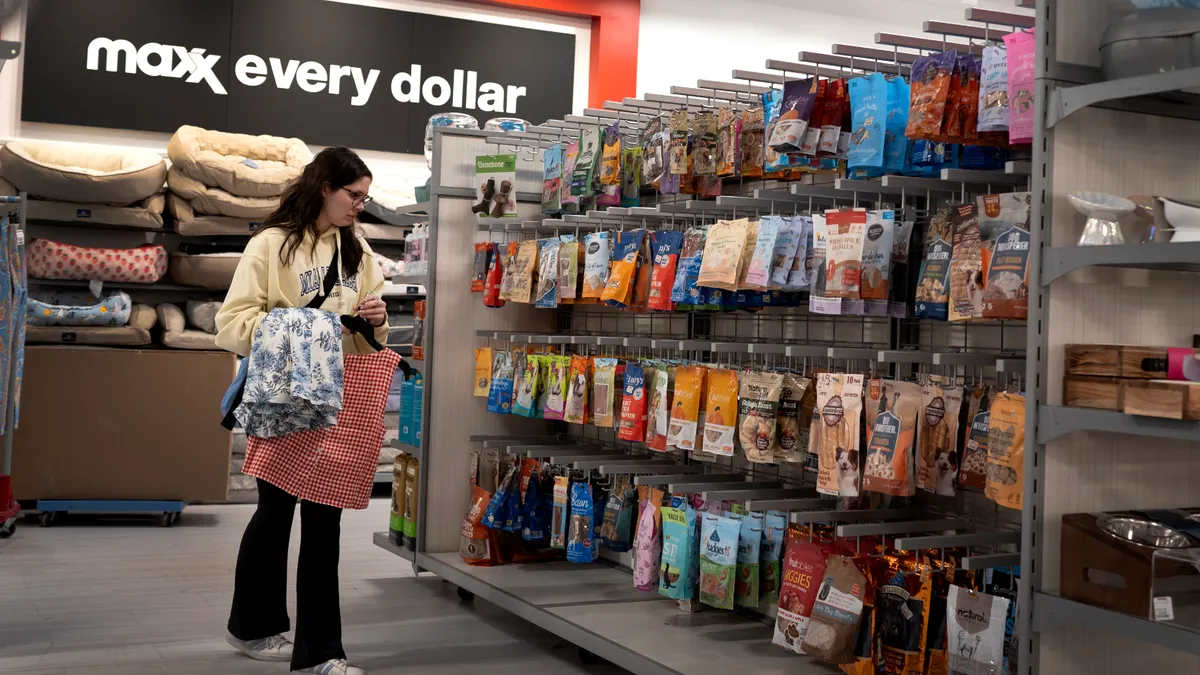Dive Brief:
-
Close to year and a half after Target launched a smaller store format designed for more urban areas, it plans to open 14 more stores this year including a 21,000 square foot location to launch Wednesday in the Queens borough in New York City, the New York Post reports.
-
The big box retailer last year paved the way for this new approach by rebranding its smaller-format “TargetExpress” and “CityTarget” stores to simply “Target” like their more expansive suburban counterparts.
-
The average size of a Target store fell last year to 133,700 square feet.
Dive Insight:
Target is taking advantage of the retail space left vacant by some retailers shrinking their physical footprint, much of it favorable locations in key cities. The small formats have a proven track record, Morningstar analyst Ken Perkins said in a research note.
“Sales productivity levels are double those of traditional stores and the product mix is more attractive,” Perkins said, according to the New York Post. “We are optimistic about the growth prospects of Target’s urban and flex stores.”
Small format locations are one answer to dollar stores, which have challenged both Target and Wal-Mart, thanks to their locations and low prices.
Dollar stores' urban locations are also more convenient to many shoppers, especially younger ones. And this number of stores is growing rapidly, according to Reuters, with Dollar General operating more than 12,700 stores in the United States and Dollar Tree running around 14,000 stores in the U.S. and Canada.
The stores have generally eased the “dollar” restriction on their prices, which can range widely but still are often lower than even Wal-Mart—let alone Target. Millennials, even those who can afford to spend more, are apparently attracted to these low prices on commodity goods and are tolerant of the no-name private label brands in dollar stores that usually sport much lower prices.
The number of heads of households shopping at dollar stores under 35 years old earning more than $100,000 a year increased 7.1% between 2012 and 2015, compared to 3.6% at all retail stores, according to Nielsen research. And some 29% of millennial dollar store consumers earn over $100,000 annually and accounted for about 25% of sales at those stores, according to market research firm NPD's Checkout Tracking.
Target's expansion on its small format stores makes Wal-Mart’s recent exit from its Walmart Express project especially puzzling. Howard Davidowitz, chairman of New York City-based retail consulting and investment banking firm Davidowitz & Associates, has cited dollar stores among the most successful areas of retail at the moment.
“It’s intelligent to close weak stores, that’s good management,” he told Retail Dive earlier this year. "But part of it looks very strange to me and that is closing all their Express stores.”















